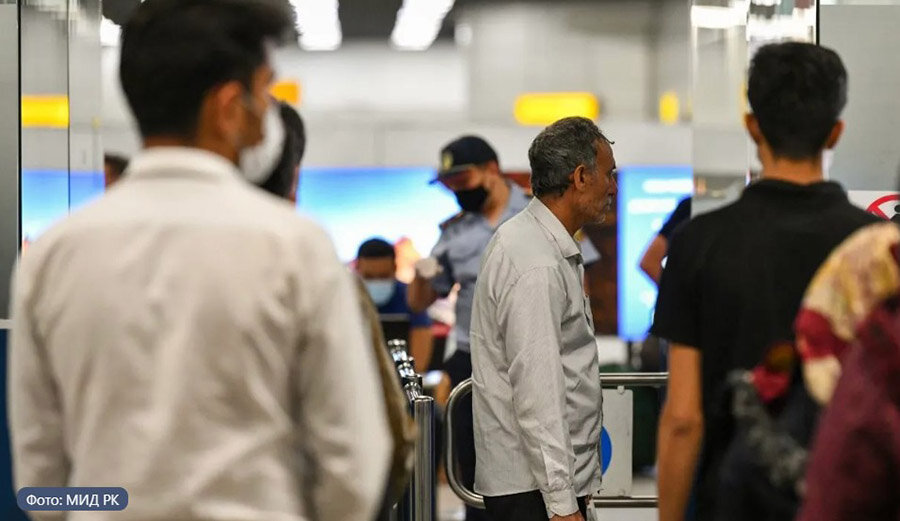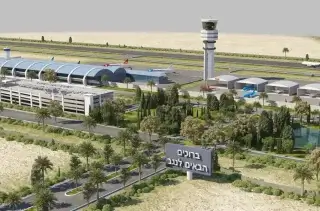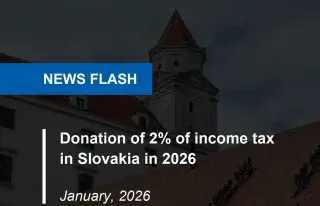read also
Kazakhstan to Reform Repatriation Rules for Kandas: New Procedure and Digitalization Underway

Kazakhstan has launched a major reform aimed at ethnic Kazakh repatriates, known as kandas. On April 25, 2025, Prime Minister Olzhas Bektenov signed a resolution to establish a working group that will prepare proposals for amending the kandas admission procedures by the end of May, Zakon.kz reports.
The term kandas refers to ethnic Kazakhs and their families who were not previously citizens of Kazakhstan. The working group includes representatives from key ministries—Labor, Justice, Health, Science, Digital Development—as well as regional akimats and the National Security Committee.
Since independence in 1991, Kazakhstan has welcomed over 1.1 million ethnic Kazakhs for permanent residence, according to Baq.kz. In early 2025 alone, 3,203 kandas arrived, with 48.1% from China, 39.5% from Uzbekistan, and the rest from Turkmenistan, Mongolia, Russia, and other countries.
Demographics of 2025 arrivals:
- 60.7% are of working age
- 31.1% are minors
- 8.2% are retirees
In terms of education:
- 17.9% have higher education
- 27.8% have vocational training
- 52.9% have only secondary education
- 1.4% have no formal education
Regional Resettlement Program: Quotas and Support
The government is actively resettling kandas in regions with labor shortages, including Akmola, Kostanay, Abai, Pavlodar, Atyrau, and the western, eastern, and northern regions.
For 2025, a quota of 2,309 people was set. However, as of April 1, only 642 kandas had relocated to these areas.
Support measures include:
- One-time relocation grant of 275,200 tenge (~$537)
- Monthly housing and utilities subsidy of 59,000 to 118,000 tenge ($115–$230) for up to one year
According to the Ministry of Labor, 147 people received assistance in 2025, and 94 of them found permanent employment.
New Digital System for Housing Applications
As of May 24, 2025, updated rules came into force for registering housing applications—including for kandas—Inform.kz reports.
Key changes:
- Applications are now fully digital via the “Housing Provision Center” system
- Electronic digital signature (EDS) is required
Main eligibility criteria:
- No property ownership in Kazakhstan in the last 5 years
- The only available home is deemed uninhabitable
- Registration at current address for the last 3 years (for major cities and the capital)
Special provisions apply to:
- Orphans
- Individuals left without parental care
The initial verification takes one day, with decisions made within three business days if documents are in order. Applications can be denied if the applicant already received state support, owns property, or submitted false information. An official appeals process is now also in place.
Why the Reform Matters
The proposed legal changes and newly implemented measures aim to:
- Increase transparency
- Simplify procedures
- Improve targeting of state aid
However, the mismatch between quotas and actual relocations indicates more systemic adjustments are needed to improve the program’s efficiency and impact.
Notably, some rules have also been eased for foreign IT specialists, while regulations for other foreign nationals are tightening—covering residence permits, banking services, and more.








